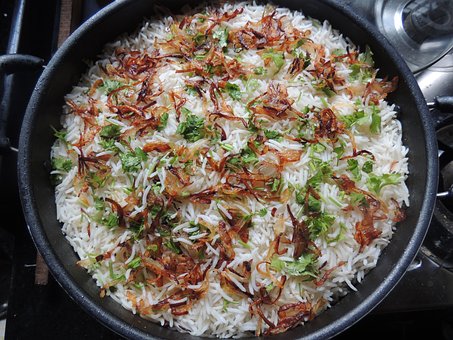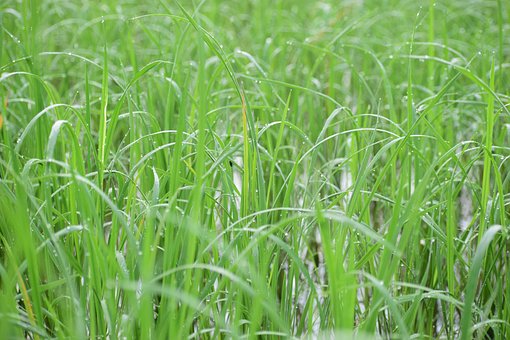Basmati rice is a type of long-grain rice that is popular in Indian and Pakistani cuisine. It is known for its delicate, fragrant aroma and delicate, fluffy texture when cooked. In this article, we will explore the nutritional value of basmati rice and whether it is a healthy choice for your diet.
One of the main nutritional benefits of basmati rice is its low calorie and carbohydrate content. A serving of basmati rice (1 cup, or 185 grams) contains just over 200 calories and 45 grams of carbohydrates. This makes it a good choice for individuals who are trying to manage their weight or blood sugar levels.
Basmati rice is also a good source of several important nutrients. It is a good source of manganese, a mineral that is essential for proper metabolism and bone health. It is also a good source of selenium, a trace element that plays a vital role in antioxidant defense and immune function.
Despite its low calorie and carbohydrate content, basmati rice does have a moderate glycemic index (GI) of around 58-62. This means that it can cause a moderate rise in blood sugar levels after ingestion. However, this can be mitigated by pairing basmati rice with protein and fiber-rich foods, which can help to slow the absorption of glucose into the bloodstream.
One potential concern with basmati rice is the presence of arsenic. Rice is known to absorb arsenic from the soil, and high levels of arsenic in rice have been linked to a variety of health problems. However, it is important to note that the levels of arsenic in basmati rice are generally lower than in other types of rice, and the levels of arsenic in basmati rice are within safe limits set by the United States Food and Drug Administration (FDA).
In terms of environmental sustainability, basmati rice is a relatively low impact crop. It requires less water and fewer pesticides than other types of rice, and it is often grown using traditional, sustainable farming methods.
In conclusion, basmati rice is a low calorie, low carbohydrate food that is a good source of several important nutrients. While it does have a moderate glycemic index, this can be mitigated by pairing it with protein and fiber-rich foods. Basmati rice is also generally lower in arsenic than other types of rice and is a relatively low impact crop from an environmental standpoint. Overall, basmati rice can be a healthy choice for your diet when consumed in moderation as part of a balanced meal.

 Home
Home Health
Health Diet & Nutrition
Diet & Nutrition Living Well
Living Well More
More












